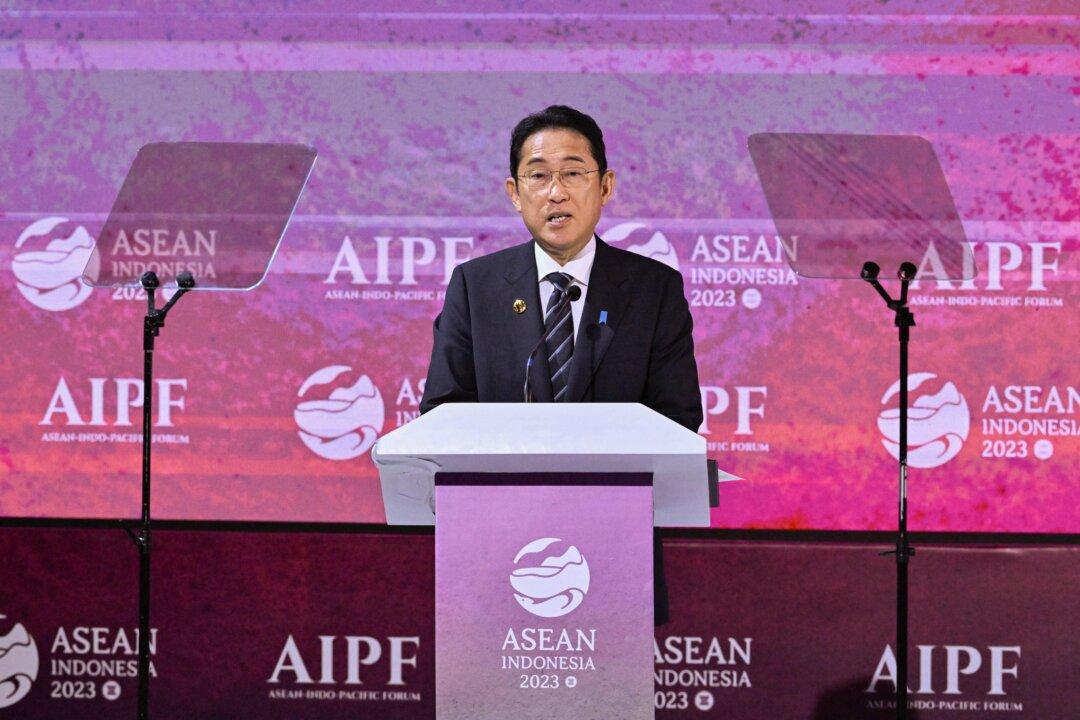Japanese Prime Minister Fumio Kishida reaffirmed his nation’s longstanding policy on the controlled release of treated radioactive wastewater during the 43rd ASEAN Summit in Jakarta, Indonesia, on Sept. 6.
Meanwhile, Chinese Premier Li Qiang softened his rhetoric on the issue, signaling a potential thaw in relations between the two nations.




